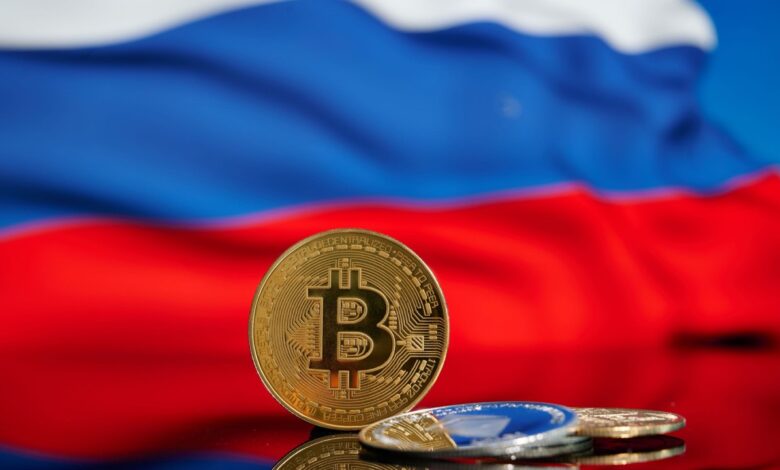Russian Government Publishes New Crypto Law Exercising State Control Over Digital Assets
The new Russian crypto law increases state control, allowing for regional restrictions, stricter infrastructure regulations, and more intense transaction monitoring.

On October 27, 2024, the Russian Government signed a new law, a significant step towards consolidating its control over the cryptocurrency sector.
The new legislation expands the government’s oversight of digital currency mining activities, empowering authorities to regulate and potentially restrict operations based on regional needs and concerns.
The law, which takes effect on November 1, 2024, introduces several key amendments designed to strengthen oversight and impose limitations on cryptocurrency mining.
Notably, the government now has the authority to implement location-based restrictions on mining activities, define procedures for banning mining operations, and even halt the functioning of digital currency mining pools in specific areas.
Furthermore, the government gains the power to regulate infrastructure providers supporting mining operations. Beyond the direct oversight of mining, the law significantly expands the reach of digital currency identifier tracking.
Federal agencies, including law enforcement and executive bodies, now have access to this information, enabling them to monitor transactions suspected of being linked to money laundering or terrorist financing. Previously, only the Federal Financial Monitoring Service (Rosfinmonitoring) held this authority.
Russian Government Law Cave in all Crypto Sectors
The legislation also shifts responsibility for the national mining register from the Ministry of Digital Development to the Federal Tax Service. This move will see the Federal Tax Service overseeing mining registrations for businesses, with the power to remove entities with repeated infractions.
New registration requirements now apply to companies and individual entrepreneurs, while individual miners who adhere to specific electricity consumption limits can continue without registering.
This latest move by Russia reflects a broader strategy of tightening regulations around digital currencies while concurrently developing its own state-backed digital currency, the digital ruble.
The country has previously legalized crypto mining and permitted cryptocurrency use in international trade, aiming to reduce reliance on the U.S. dollar and potentially circumvent sanctions.
In August 2024, Putin signed legislation authorizing experimental frameworks for cryptocurrency use in international transactions, placing oversight of these pilot projects with the Bank of Russia and requiring approval from the Finance Ministry, Federal Security Service, and Rosfinmonitoring.
This latest law represents a significant step towards strengthening the Russian government’s control over the cryptocurrency sector. While the country has embraced aspects of digital currency, its actions suggest a preference for centralized control, potentially limiting the potential of cryptocurrency within its borders.





















































